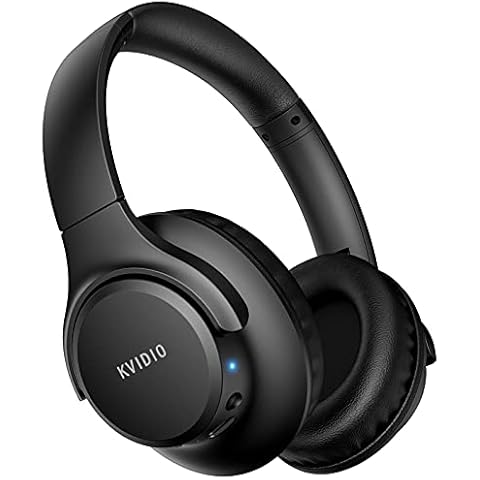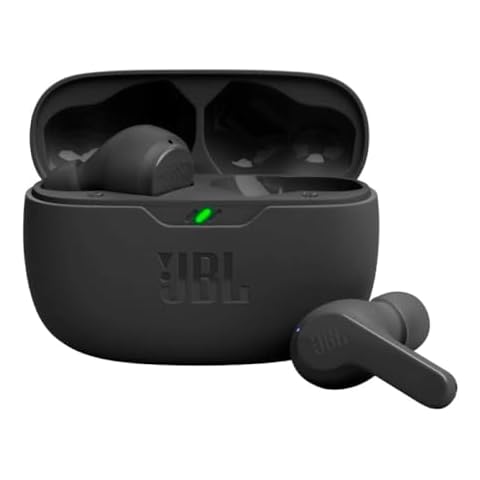Learn More About Purchasing the Stereo Headphones
How to Choose Stereo Headphones: A Comprehensive Guide
When it comes to choosing the perfect stereo headphones, it can be overwhelming with so many options available on the market. From the design, sound quality, comfort, and price, there's a lot to consider before making a purchase. In this article, we'll guide you through the process of selecting the right headphones that best fit your needs.
Design
The design of the headphones is an essential factor to consider because it affects both the sound quality and comfort. There are two types of headphones: over-ear and in-ear.
Over-ear headphones provide full coverage to the ear and are larger in size. They offer excellent sound quality and noise isolation, making them perfect for listening to music or watching movies in a noisy environment. However, they can be bulky and uncomfortable to wear for extended periods.
In-ear headphones, on the other hand, are smaller in size and fit inside the ear canal. They're great for exercising or traveling because they're lightweight and portable. However, they may not provide the same sound quality as over-ear headphones and may not fit comfortably in some people's ears.
Sound Quality
The sound quality of the headphones is what makes the listening experience enjoyable. The three main factors that affect sound quality are frequency response, impedance, and sensitivity.
Frequency response refers to the range of frequencies that the headphones can produce. A wider frequency range means the headphones can produce more natural and dynamic sound.
Impedance is the measure of electrical resistance, and it determines how much power the headphones need to produce sound. Generally, headphones with low impedance require less power and can be used with portable devices like smartphones and tablets. Headphones with high impedance require more power and are best suited for use with dedicated audio equipment.
Sensitivity is the measure of how loud the headphones can get with a given amount of power. Headphones with high sensitivity can produce louder sound with less power, and they're ideal for use with portable devices.
Comfort
Comfort is crucial when choosing headphones because you'll be wearing them for extended periods. Look for headphones with soft ear cushions, adjustable headbands, and lightweight materials. Over-ear headphones with memory foam and leatherette ear cushions are more comfortable to wear than those with hard or plastic ear cups. In-ear headphones with multiple ear tips of different sizes can help you find the perfect fit for your ears.
Price
Price is always a consideration when making a purchase, but it's not the only factor to consider. Expensive headphones may not necessarily provide better sound quality or comfort than cheaper ones. Look for headphones that fit within your budget and still meet your needs for design, sound quality, and comfort.
Conclusion
Choosing the right headphones can be a daunting task, but by considering factors like design, sound quality, comfort, and price, you can make an informed decision that best fits your needs. Whether you prefer over-ear or in-ear headphones, prioritize sound quality and comfort to ensure an enjoyable listening experience.











